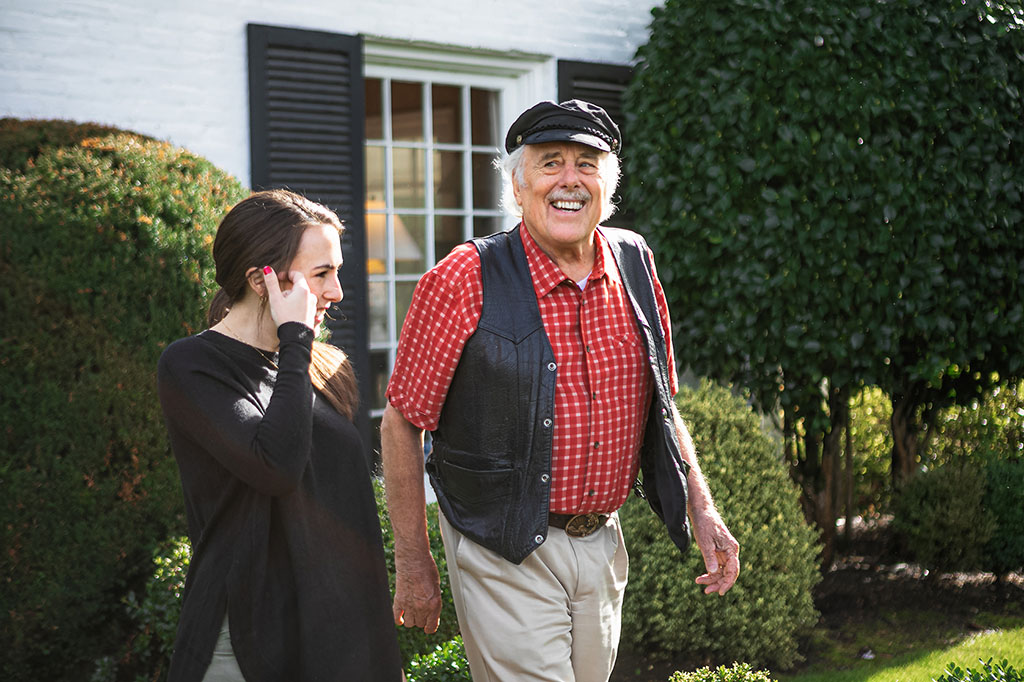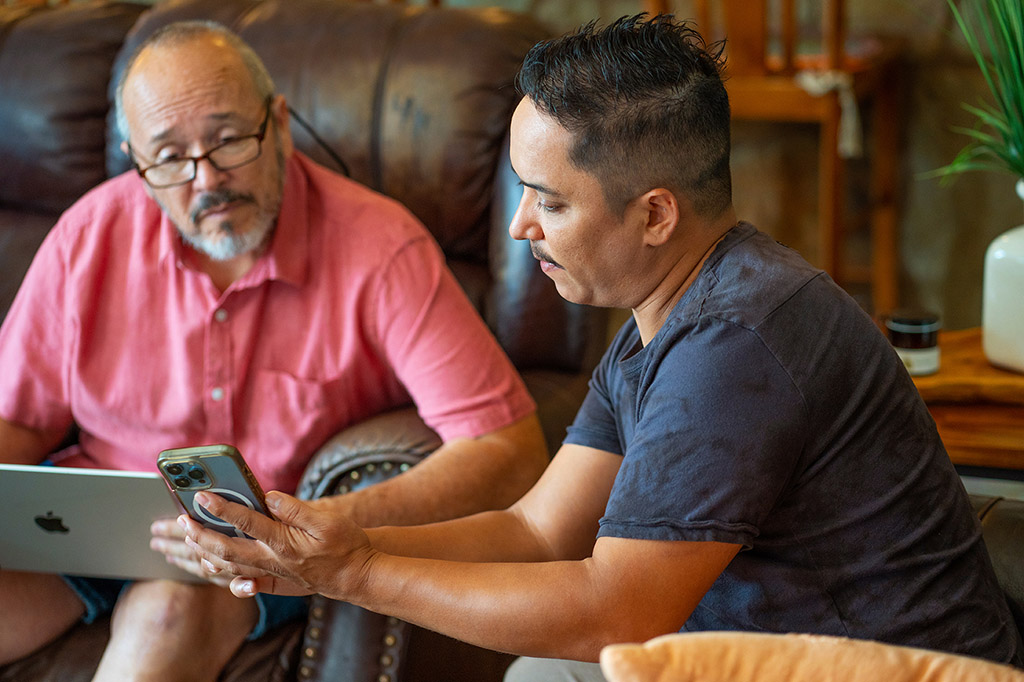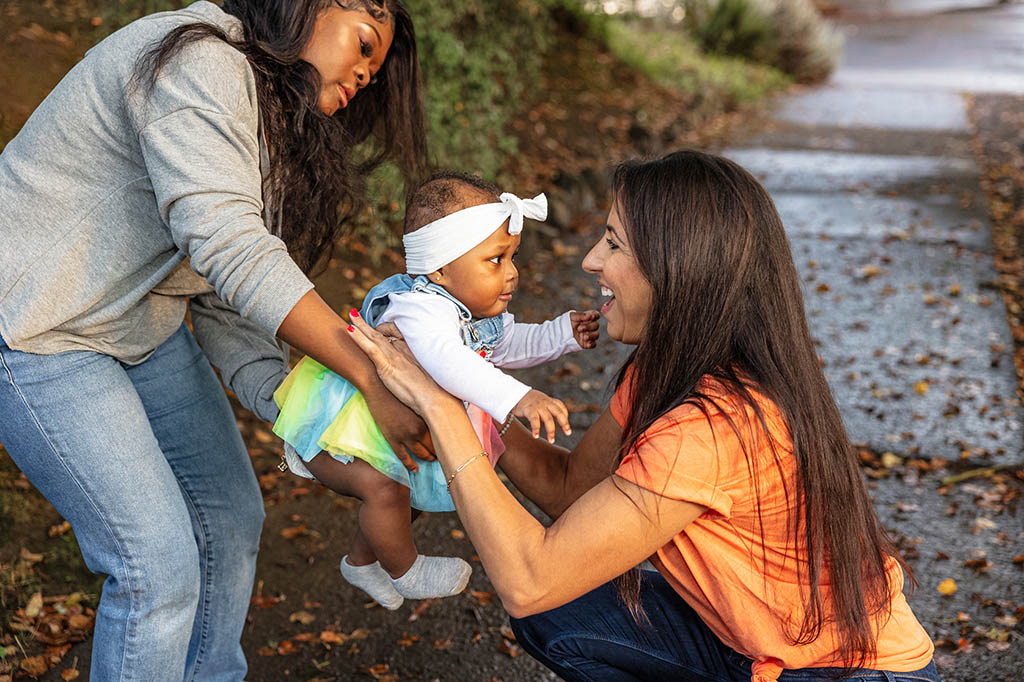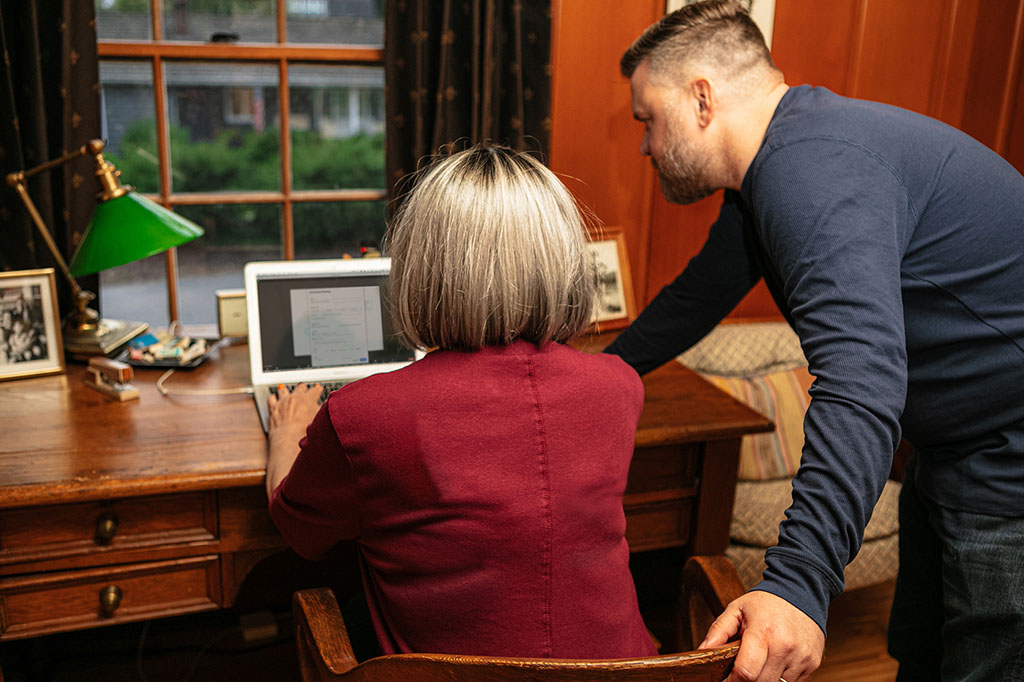
Technology is changing—and improving—the U.S. healthcare system in so many ways, but a large segment of the population is getting left behind. Older adults are among those struggling to keep up with digital healthcare.
In December 2023, Papa participated in a webinar with a group of multi-disciplinary experts to take a macro-level look at the challenges of engaging older adults in new technology and innovative ways of addressing those challenges.
Equity challenges when it comes to digital health literacy
“Technology can do so much,” Joseph Kvedar, MD, Immediate Past Chair of the American Telemedicine Association and Professor at Harvard Medical School, says, “but it’s a bit of a double-edged sword.”
Many people don’t think of older adults as users of technology, so often, technology is not designed with them in mind. Even when tech is designed well, not everyone has access to it—or someone who can train them to use it correctly and offer support as they need it.
CMS is addressing this inequity around accessing and understanding digital health resources. It recently announced a new requirement for Medicare Advantage health plans to provide their members with digital health literacy support to advance health equity.
Georgina Harris-Dukes, MHA, is a health equity innovator and technology leader who introduced the panel to a helpful acronym (GRITS) for thinking about who is affected by digital health inequity:
- Geography
- Race and ethnicity
- Income
- Time cohorts
- Sex and gender
Let’s break each of these down a little. There are older adults in many geographical areas that lack access to broadband infrastructure. Communities of color are more likely to lack internet access and/or not trust the internet. Individuals with lower incomes are less likely to adopt technology because they can’t afford it. As a society, we group people together once they reach age 65, but people who are 65, 75, 85, and 95 don’t have the same wants, needs, challenges, or barriers. Men and women also have different needs, and there’s a sector of the trans community that is becoming older adults as well.
In addition to the GRITS acronym, Sara Czaja, PhD, Professor of Medicine at Weill Cornell Medicine, encouraged us to think in terms of physical, mental, and cognitive abilities. Natural aging processes change our vision, hearing, and dexterity—and there is a broad spectrum of disabilities to take into consideration as well.
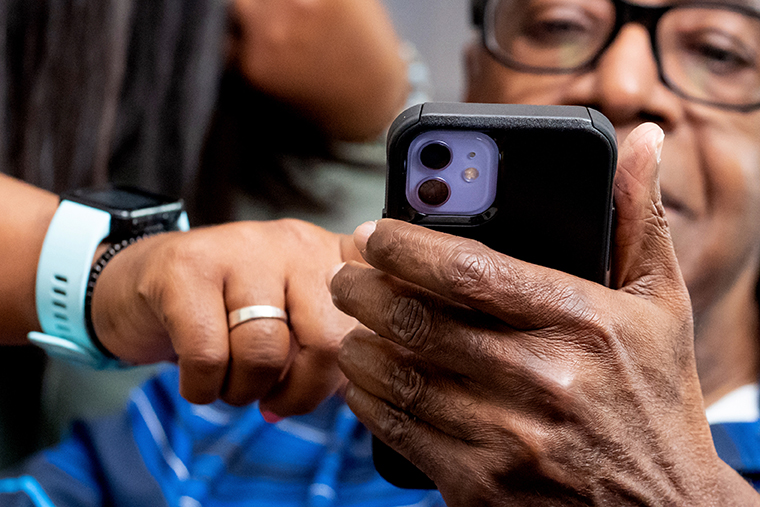
Taking a personalized approach to training and support
As we address the CMS directive, we need to respect these groups with their various intersectionalities. A one-size-fits-all approach will simply lead to greater inequity.
People need to be made aware of the technology, given access to it, trained on it, and offered support while using it—all with their individual needs in mind. Research shows that both online and face-to-face training work, but for older adults, in-person training is more effective. You can tailor the support and education to the individual’s needs, disabilities, devices, accessibility, unique circumstances, and barriers.
At Papa, we’ve found that leveraging the home environment can be really helpful, because people feel safe and comfortable, and they can use their own devices.
The person doing the training can start by introducing the program, what it’s like, and why it will be useful. As they teach, confidence will go up.
During COVID, 20% of older patients weren’t ready for telephone visits with their provider due to challenges related to hearing, communicating, or dementia. All the education in the world won’t help in this situation. The solution here is someone who can sit beside the member throughout their remote care experience. If the older adult has friends and family who can do that, great. But many don’t have that support to turn to. In fact, Papa’s recent State of Social Health Report found nearly 1 in 5 Medicare Advantage members don’t have someone to turn to should they need support.
Trust has never been more important
The webinar concluded with a final vital topic: trust. Many older adults have a heightened sense of distrust—and often with good reason. Some have been assaulted by scam artists who want their money. Dr. Czaja says that trust is also a major concern from a privacy/security standpoint. “Who is going to have access to my information?” older adults want to know. “And what are they going to do with that information?”

At Papa, we take the trust factor very seriously and work hard to help our Papa Pals build trusting relationships. Kelsey McNamara, MPH, Head of Research at Papa, shared a story about Papa Pal Brian whose member accidentally clicked on a phishing link in an email. Because the member trusted Brian, he could admit he was scammed and ask for help. Their relationship made all the difference.
When learning something new and intimidating, like technology, it helps to be trained and supported by someone who knows you and may even come from a similar background or community—someone who understands where you’re starting from, what your specific needs and challenges are, and what you want to get out of the experience. Our Pals are specifically trained and empathetic to the challenges older adults face and want to help them gain confidence and learn new skills so they can live the healthiest lives possible.
At Papa, we’re very much looking forward to all the innovative programs and strategies that will be developed as a result of the CMS directive. Digital health literacy is truly a gateway to better whole health and quality of life for older adults.
Watch the recorded webinar here.
